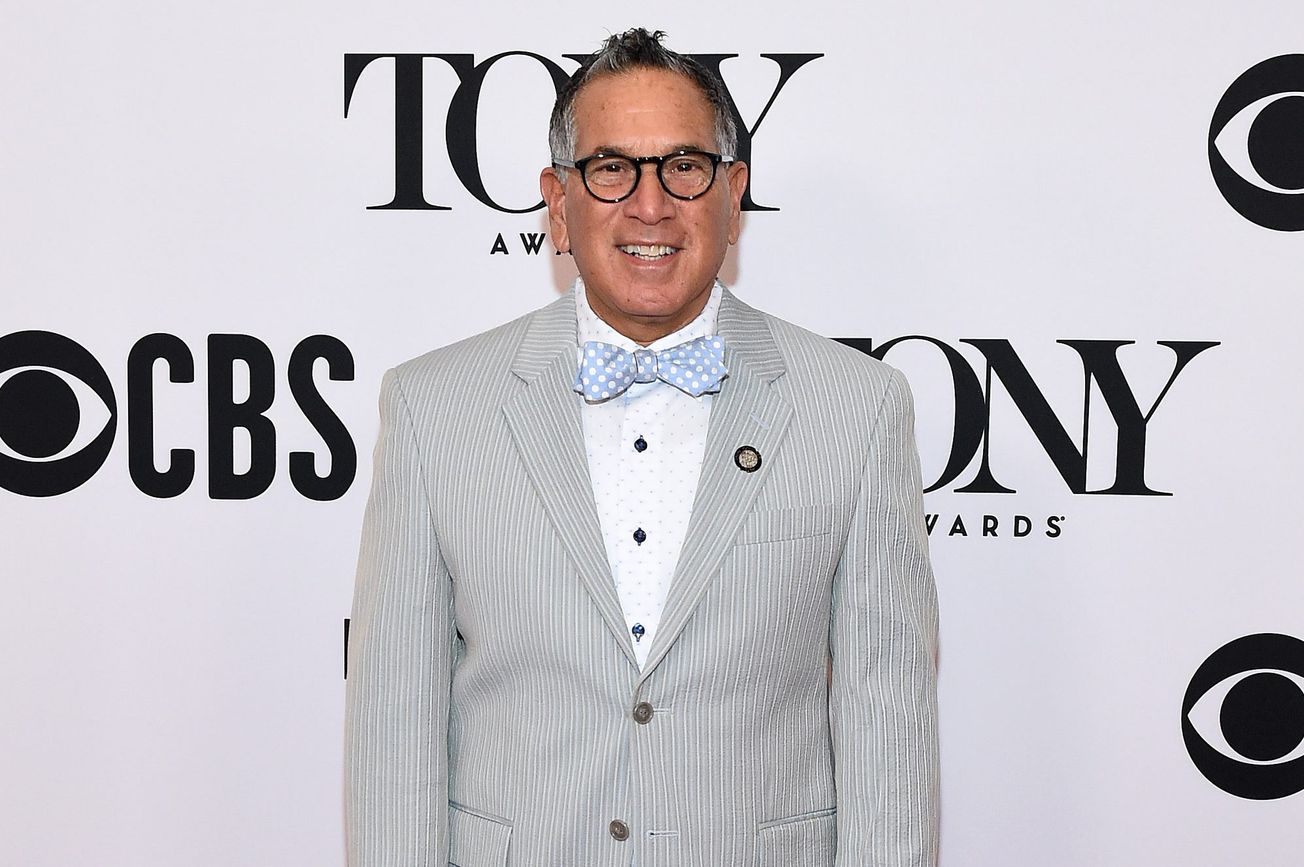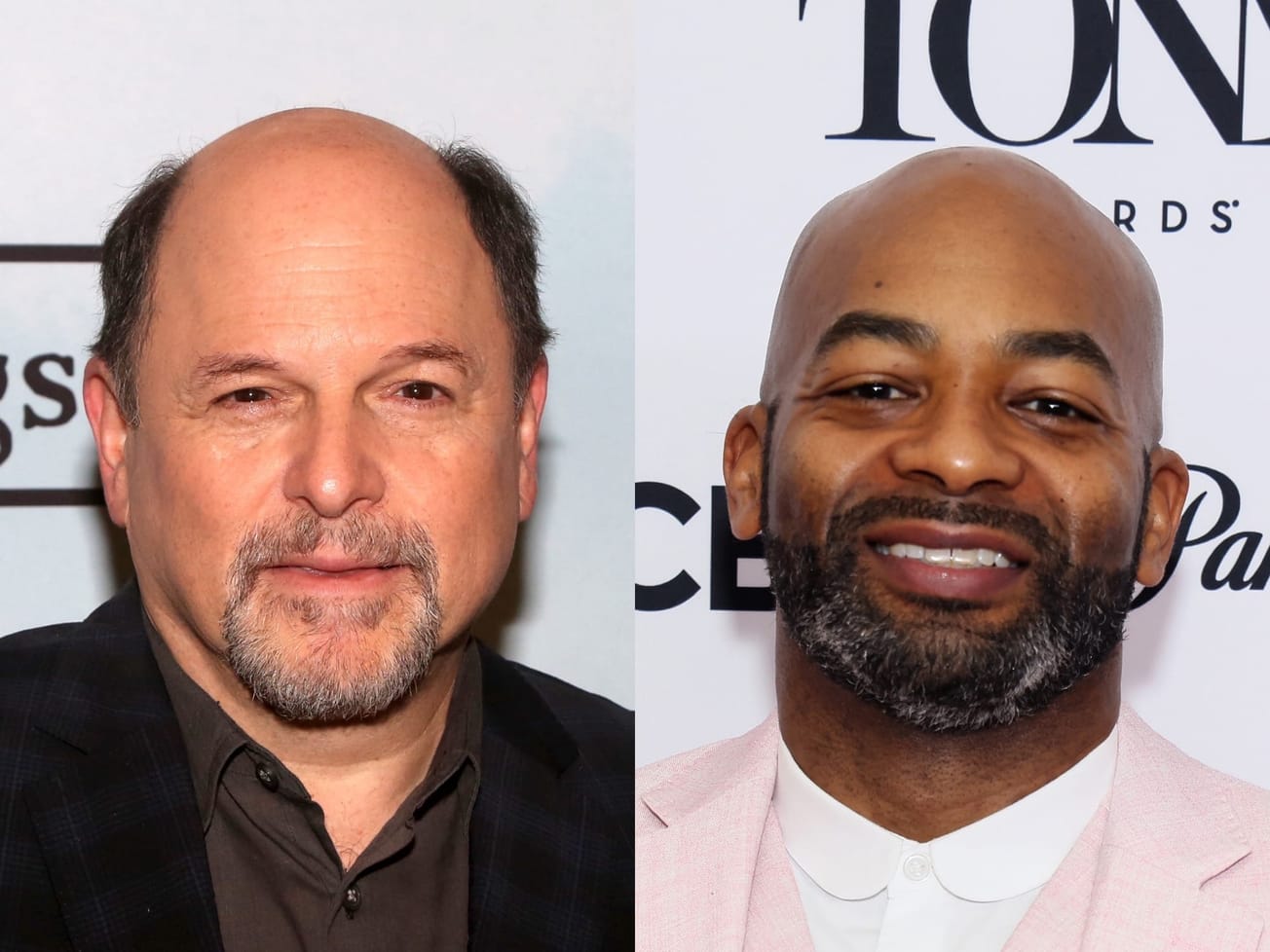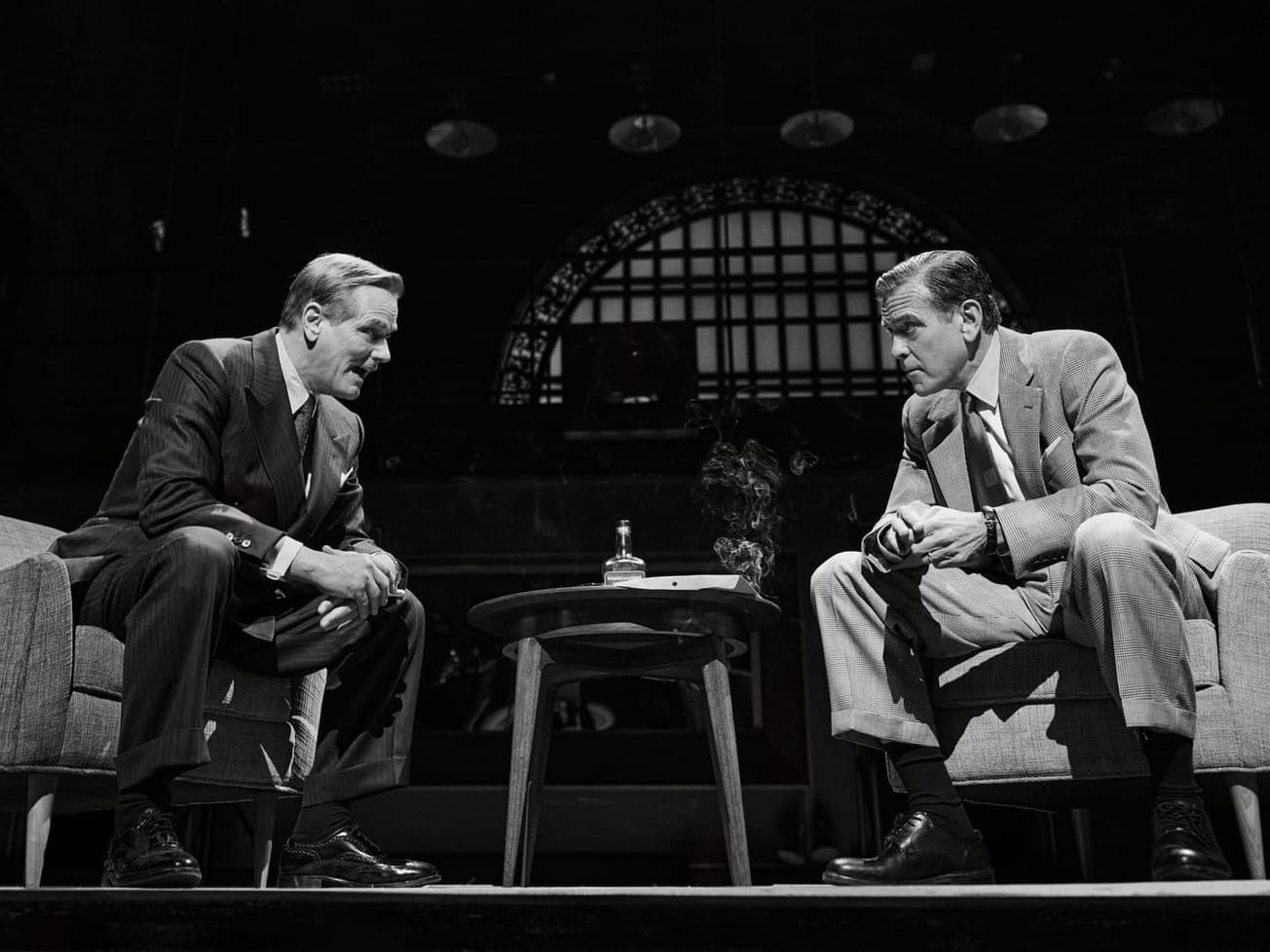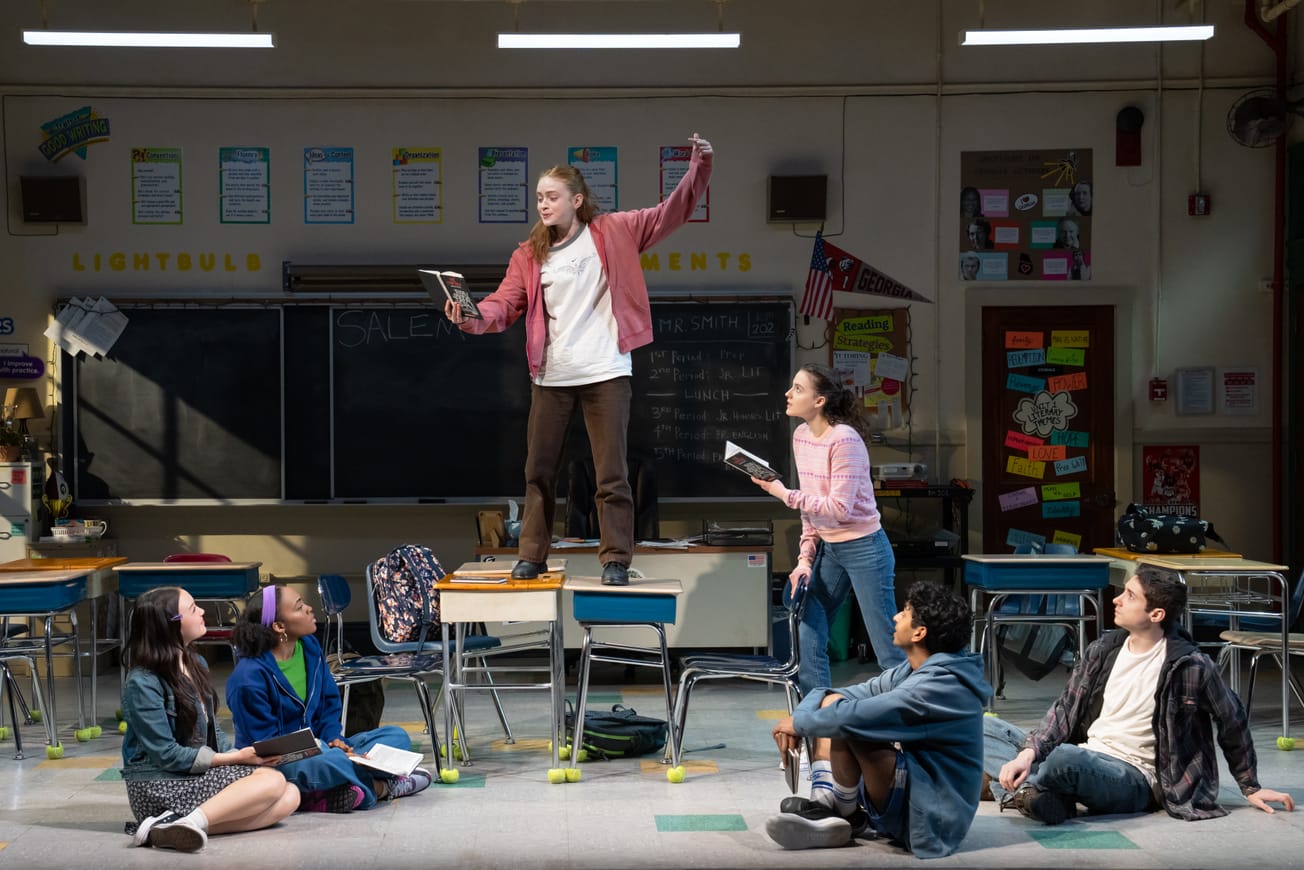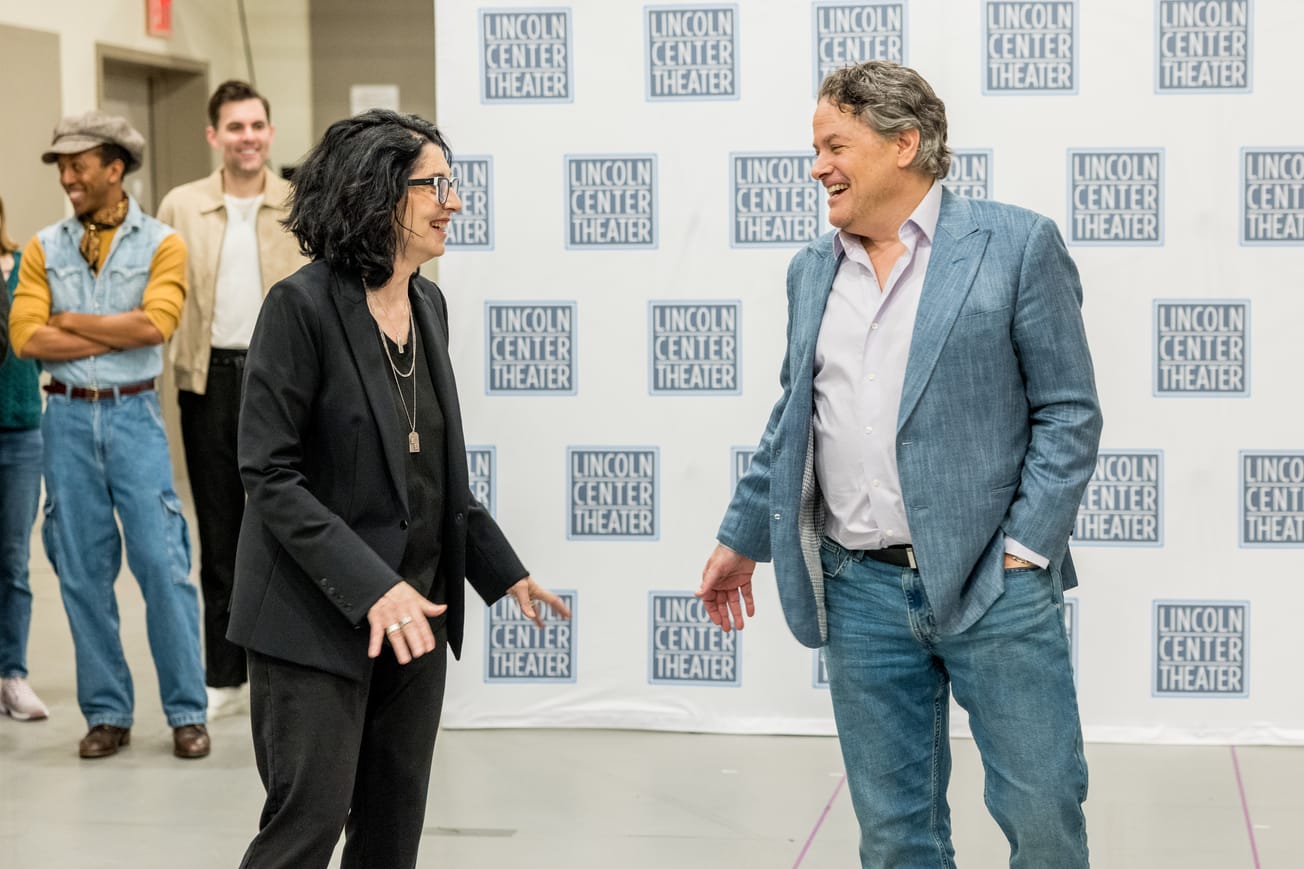“Penguins can rotate their heads 360 degrees. But only once.”
So goes one of the many zingers in the musical “Tootsie,” crafted by book writer and now Tony-nominee Robert Horn.
When adapting “Tootsie,” Horn, who previously wrote “13” for Broadway and worked in film and television, looked to hone in on a story of rejection, while updating the portrayals of key characters in the film.
He spoke with Broadway News about crafting the jokes in the book and how the current climate informed the writing.
Edited excerpts:
Broadway News: What was the first thing that you did when approaching the book for the musical?
Robert Horn: The first thing I did was overcame my fear, because it’s intimidating. It’s an iconic movie. Number two on AFI’s comedy list. [Co-written by] Larry Gelbart, who I worshipped and idolized. But the first thing David Yazbek and I did was figure out how do we update this? And to their credit, our producers, Scott Sanders and Carol Fineman, as well as our director, Scott Ellis, let us know that we were not locked to anything from the movie. At its core, this is a really wonderful story about a desperate guy who makes a stupid and desperate decision when he’s told he can’t do the one thing he loves more than anything, and I know that. I know what rejection feels like. And so the stakes are very high for that as a story and as a musical. Then it was just David and I figuring out, why does it sing? Why is it a musical? And how do we make it feel relevant in the cultural climate that we’re living in?
BN: When did you know that you wanted to shift the setting from a soap opera to a musical?
Horn: What we did know was that it couldn’t be a soap opera for so many reasons. Obviously soap operas aren’t as relevant culturally as they were in the ‘80s, when they were a daily platform for a large female demographic. Also nobody wants to see fake cameras on the stage. And so we knew we wanted to move it. It was a very quick and very organic decision to do that. Once we made it, we knew that it worked because it also then became a love letter to American musical theater and the struggle of actors. And that was something I really knew I could write.
BN: How did you come up with the one-liners in the show? Were these jokes you’d been holding onto or were they written specifically for “Tootsie?”
Horn: It’s a combination of so many things. There were jokes that I’ve written over the years that didn’t make it into something, and I wait for the right character, because I try not to put jokes in just for jokes. But the truth of it is, when you’re writing a musical, when you’re writing anything, the characters live in your head. I say they live in my house and my marriage. You sit down, you start writing and a joke just happens.
BN: You talked about having to update “Tootsie” for today, when people’s views toward female representation and a man pretending to be a woman have changed. How did the creative team approach that idea?
Horn: One of the main things was that many of the women in the movie, and especially the character of Julie was a little bit more of a victim in the movie. She was a single mom raising a child alone. She drank a lot. She felt she didn’t deserve better than the man she was with who was cheating on her. Early on, we knew that that was not a character we wanted to write. But also in the movie she sort of finds her empowerment through Michael Dorsey dressed as a woman, and I knew I wanted to do the opposite. I wanted our male character to find his remorse and his lesson through the strength of the female characters of the piece.


















































